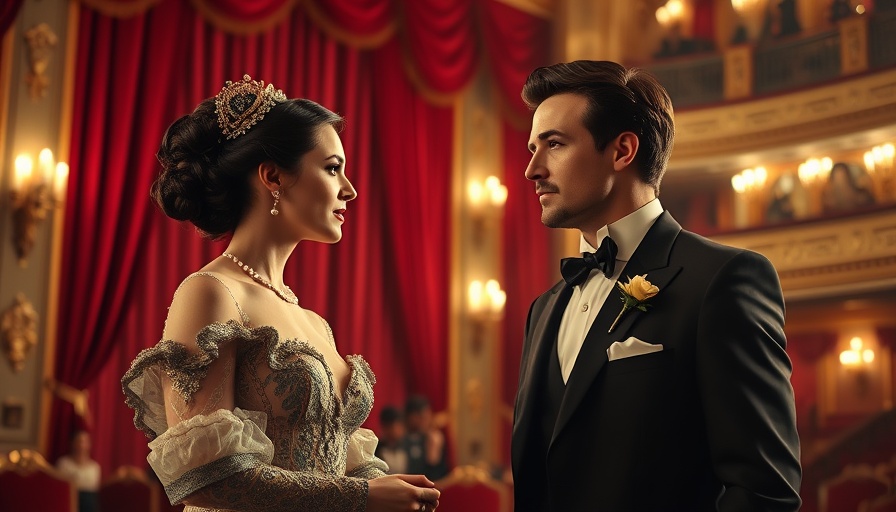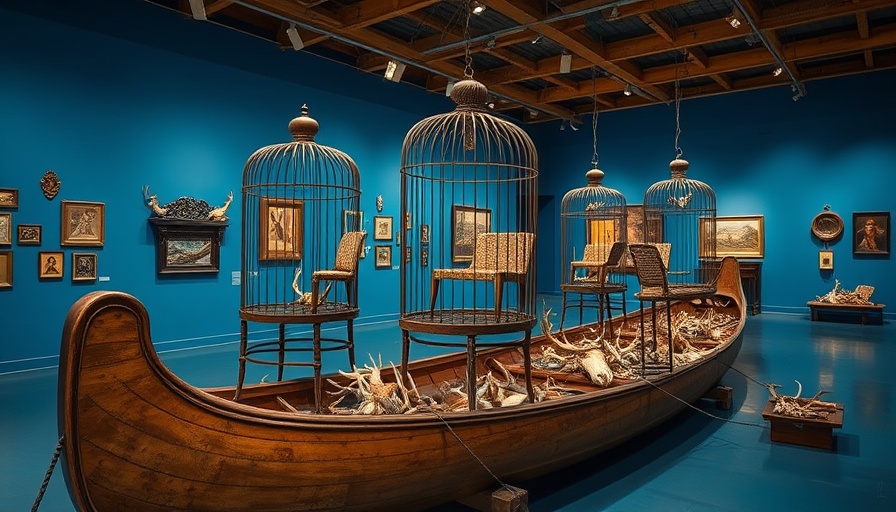
Unraveling The Gilded Age: A Look at Influential Figures
The Gilded Age, spanning the late 19th century, encapsulates a time of extreme wealth accumulation and fierce social competition among the elite of American society. While HBO's adaptation captures the spirit of this era, its authenticity stems from the portrayal of real historical figures who influenced societal norms and cultural dynamics. This article explores some of the most significant personalities of the Gilded Age, showcasing their roles and contributions while relating their experiences to contemporary themes of wealth and social class.
The Rise of Caroline Astor: Gatekeeping High Society
Caroline Schermerhorn Astor, depicted in the series by Donna Murphy, was one of the foremost gatekeepers of New York’s elite. Known for organizing extravagant balls and soirées that defined the social calendar, she essentially governed who could penetrate the circle of the “400”—the most influential New Yorkers of her time. Her disdain for the ‘nouveau riche’ was palpable, particularly toward families like the Vanderbilts, who represented the newly wealthy transformed by emerging industries such as the railroad. Astor’s influence is a reminder of how social stratification continues to affect modern society, drawing parallels with today’s political and economic elite.
Ward McAllister: The Original Social Climber
Ward McAllister, played by Nathan Lane, introduced the term “the 400” as a benchmark for social prominence. His knack for mingling with the elite and his eventual fall from grace, due to controversies surrounding the social elite, highlights the precarious nature of social standing then and now. McAllister’s story brings into focus the media’s role in shaping public perception, resonating with current discussions about celebrity culture and social media's impact on privacy and reputation.
Mamie Fish: The Queen of Themed Parties
Socialite Mamie Fish made headlines not only for her opulent lifestyle but for her extravagant themed parties that pushed the boundaries of social gatherings. These events became a canvas for expressing individuality and status, mirroring today’s social media culture where carefully curated images signify wealth and lifestyle. Fish’s whimsical approach to entertainment resonates across generations, reminding us that humans have always sought connection and status through celebration.
The Cultural Significance of The Gilded Age
The Gilded Age was not only marked by wealth disparities but also characterized by significant movements such as women’s suffrage. Figures like Astor and McAllister were not just socialites but represented broader societal changes. This era set the stage for future reforms, sparking discussions around issues such as wealth inequality, labor rights, and social justice—topics that remain highly relevant in our modern political discourse.
Lessons from the Past: A Mirror to Our Society Today
Examining the complexities of the Gilded Age reveals the cyclical nature of history, where lessons from the past can provide insights into modern society's struggles with democracy, representation, and economic disparity. The tensions between ‘old money’ and ‘new money’ continue to echo in contemporary debates about inequality and social mobility, prompting us to question how we define success and social worth. This historical reflection is crucial for understanding the current dynamics in Washington, where partisan battles around issues such as campaign finance and electoral equity remain prominent.
Conclusion: The Enduring Legacy of The Gilded Age
As we delve into the lives of historical figures from The Gilded Age, we uncover the rich tapestry of American history that speaks to our current societal and political landscapes. By exploring these connections between past and present, we unlock valuable insights into understanding ongoing struggles for equality and representation. Engaging with this history encourages participation in shaping a more equitable future, urging readers to reflect on their roles within ongoing narratives of democracy and governance.
As we navigate a rapidly changing political environment, understanding these historical contexts allows us to appreciate the complexities of today’s society. Join the dialogue on how past experiences shape our present-day realities, and contribute to discussions that drive meaningful change.
 Add Row
Add Row  Add
Add 




Write A Comment